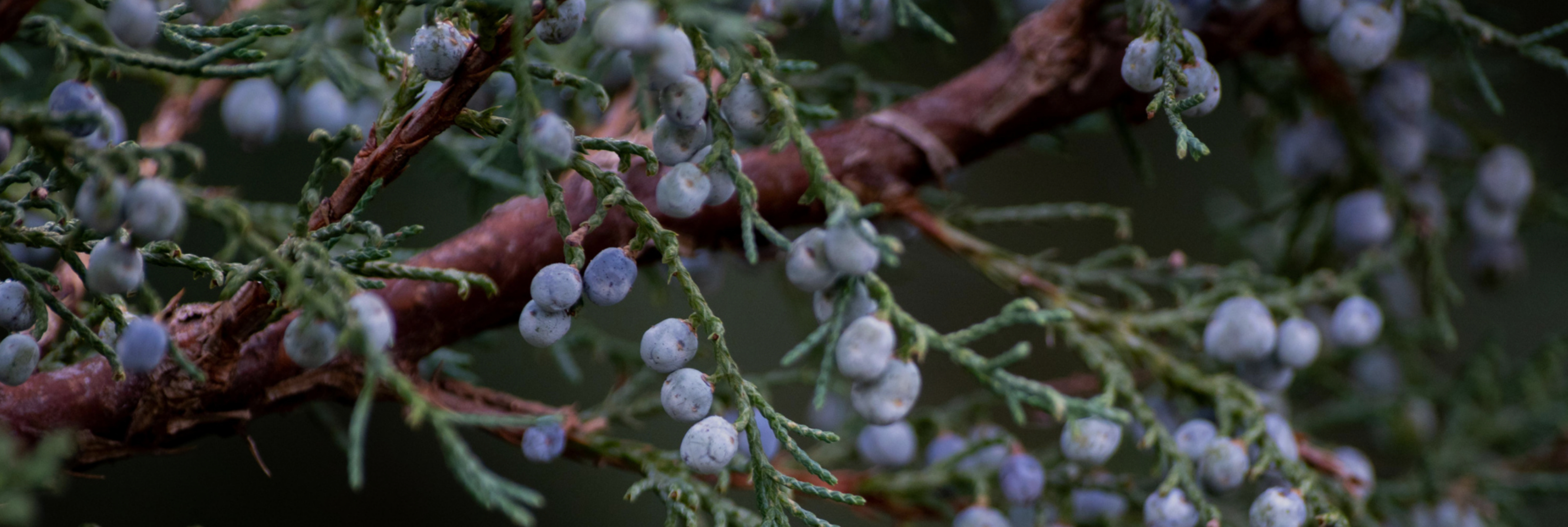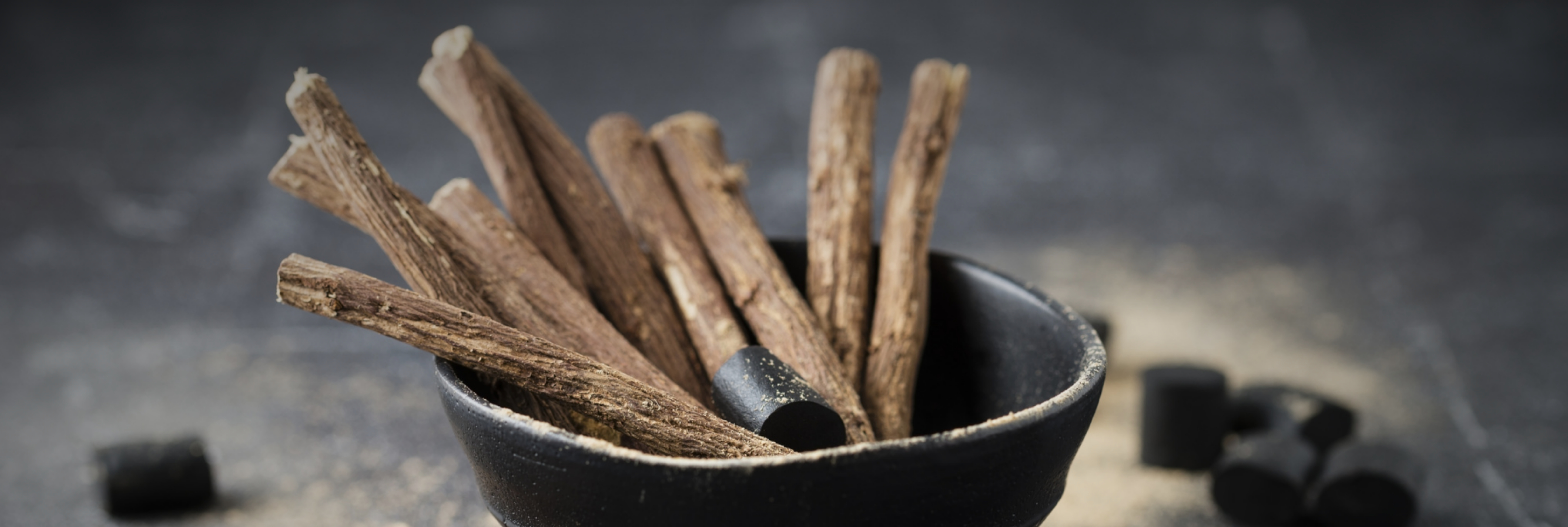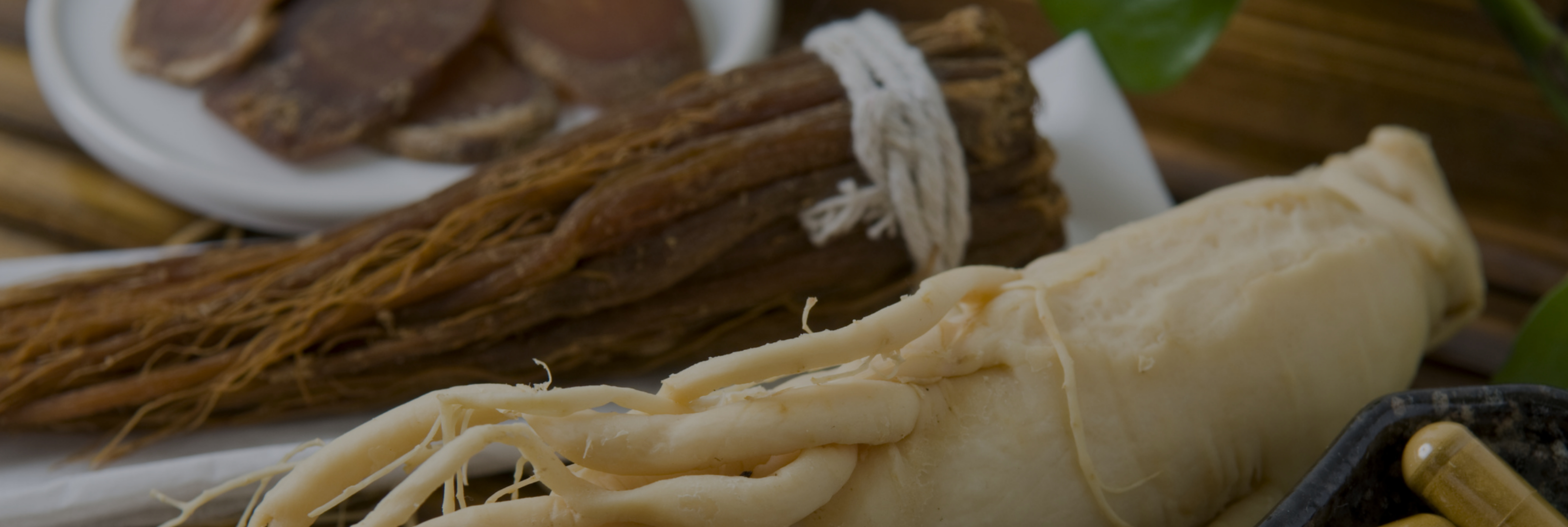Consumers' awareness of the lack of fibres in their diet is leading to the search for new products. From the manufacturers' standpoint, many initiatives and launches of formats integrating high fibres ingredients are appearing while trying to provide taste. Discover here how Natural Origins succeeds in offering an ideal solution with its high fibres ingredients that reconciles the needs of industry manufacturers and consumers.
Findings and interest in dietary fibres
- For consumers
Compared to the recommended daily requirements for a healthy body, it is noted that in the UK, for example, the average fibres intake for adults is 18g, which is only 60% of the recommended intake. In Europe to date, consumers used to focus on fruit or vegetable intake and low sugar or fat content. Now the trend is towards even healthier eating habits, as shown by the creation of Nutri-score, which makes it easier for consumers to understand nutritional information and make a conscious choice (1).
According to a survey conducted by the International Food Information Council in 2022, which asked Americans to evaluate 5 attributes that they believe define a healthy diet, 24% cited "source of fibres". 53% of them are willing to consume more fibres in their diet, but the main barrier remains their low consumption of fruits, vegetables, whole grains, which is why manufacturers must innovate along these lines (2).
- For industrials
According to a survey conducted by Mintel (3), categories such as snacks, cereals, bread products have the most "high content" or "source" of fibres claims over the last five years. 24% of the world's snack launches make this type of claim.
One major group has committed to making 50% of its sales volumes an acknowledged source of dietary fibres by 2025 (4).
According to the same study, attention paid to gut microbiome is creating opportunities for manufacturers to include ingredients such as prebiotic fibres. Baobab, a natural source of prebiotics, is appearing in many new developments to appeal to consumers seeking superfoods for health or products with natural benefits.
In this regard, 56% of German consumers say they prefer a diet that includes natural, health-promoting ingredients (such as ginger or turmeric) to foods that have been enriched, for example, with added vitamins.
Natural sources of fibres at Natural Origins: a healthy and pleasing solution
Our natural ingredients containing fibres are healthy, sustainable and tasty.
We can thus offer you the benefit of our botanical expertise through our Nutridense product range, which includes multiple botanical ingredients rich in nutrients based on their fibres content:
Our references with significant fibres content
- Chlorella: 17% fibres
- Konjac: 90% glucomannan, a soluble fibre that is beneficial to intestinal microorganisms and can absorb up to 100 times its weight in water! It provides a feeling of satiety, slows down the absorption of sugar, improves intestinal comfort and metabolism.
- Jerusalem artichoke: 60% inulin
- Spirulina: 9% fibres
- Baobab pulp: 50% prebiotic fibres (5) which reduce the glycemic index, especially during exercise, and thus avoid the fatigue of athletes.
- Pea protein: 18% fibres
- Flaxseed: 32% fibres, knowing that one teaspoon is enough to provide 3 grams of these fibres, which represents 10% of the recommended daily intake
- Moringa: 20% fibres
The addition of fibres-rich superfoods allows nutritional and health claims such as "source of fibres" or "high fibres content" to be given to products
At Natural Origins, we have selected high nutritional content raw materials to enable you to promote their benefits on your recipes and preparations’
labels.
For example, konjac is highly appreciated by consumers for its dietary benefits: a food rich in fibres, healthy and low in calories. More than 30% of konjac-based products make a "rich in fibres" claim and are positioned around weight loss and control (6).
Our fibrous ingredients naturally increase the nutritional profile of the foods in which they are incorporated. Finally, being as complete as possible, they appeal to consumers seeking health, microbiota and digestive comfort.
Please feel free to contact us.
To see our entire product range, check out our online catalogue available 24 HOURS A DAY 7 DAYS A WEEK.
Sources :
(1) https://www.quechoisir.org/dossier-etiquetage-nutritionnel-t321/
(2) Product development guide, Marc 2023, Fiber-forward formulation opportunity
(3) (4) Ingredient to watch : fibre for nutrition (Aout 2022), Mintel
(5) A Pectin-Rich, Baobab Fruit Pulp Powder Exerts Prebiotic Potential on the Human Gut Microbiome In Vitro - PubMed - Microorganisms. 2021 Sep 17;9(9):1981. doi: 10.3390/microorganisms9091981. https://pubmed.ncbi.nlm.nih.gov/34576876/
(6) Mintel, Produits alimentaires, boissons et compléments alimentaires lancés dans le monde entre 2017-2022

Chloé Blanchard
Life Science & Nutrition Product Manager








Leave a comment